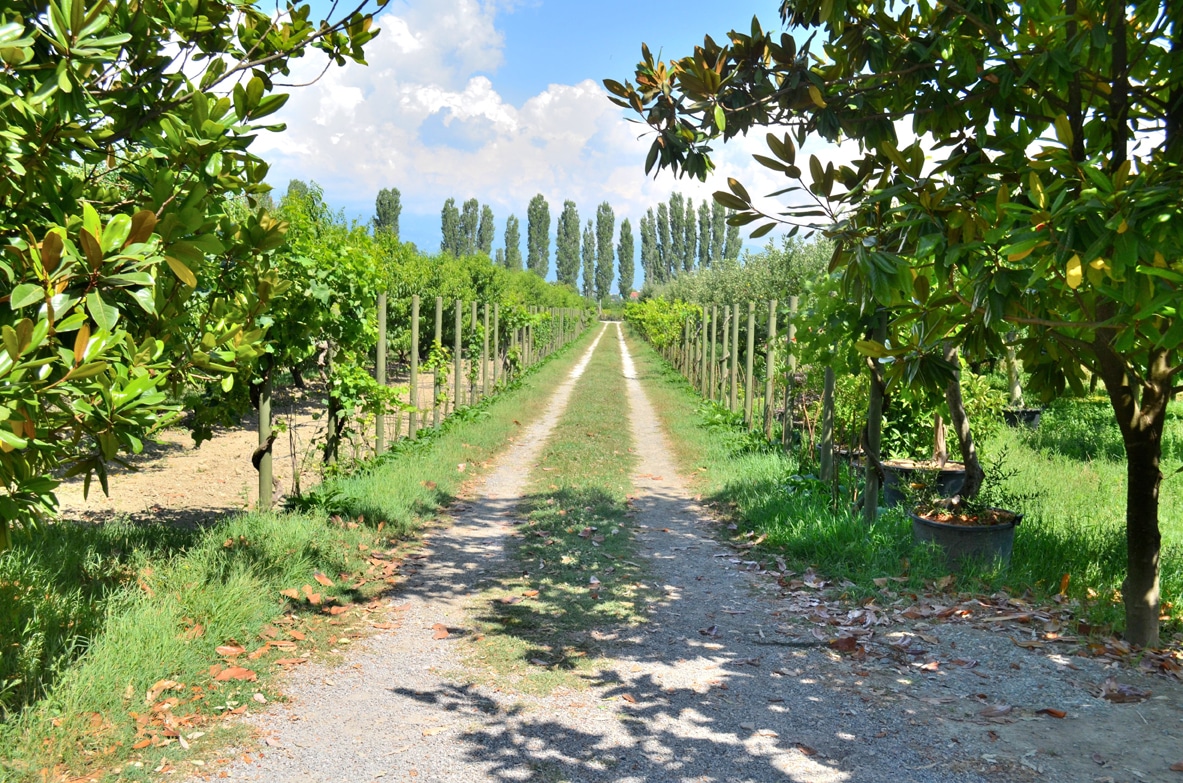
By Patti Morrow, Epicure & Culture Contributor
Albanian wine is no stranger to Europe. Archaeological evidence near the capital of Tirana suggests that traces of tannic acid, which produces the bitter taste in wine, date back to a 6,000-year viniculture, making Albania potentially the oldest wine region in Europe.
Albania, a small country bordering Greece on the Adriatic Sea, has four separate wine regions. These are defined by their altitude, ranging from mountains and inland foothills to coastal villages. The country’s wine has been characterized by a unique sweetness since ancient times. Ancient Roman writer Pliny described Albanian wine as “very sweet or luscious.”
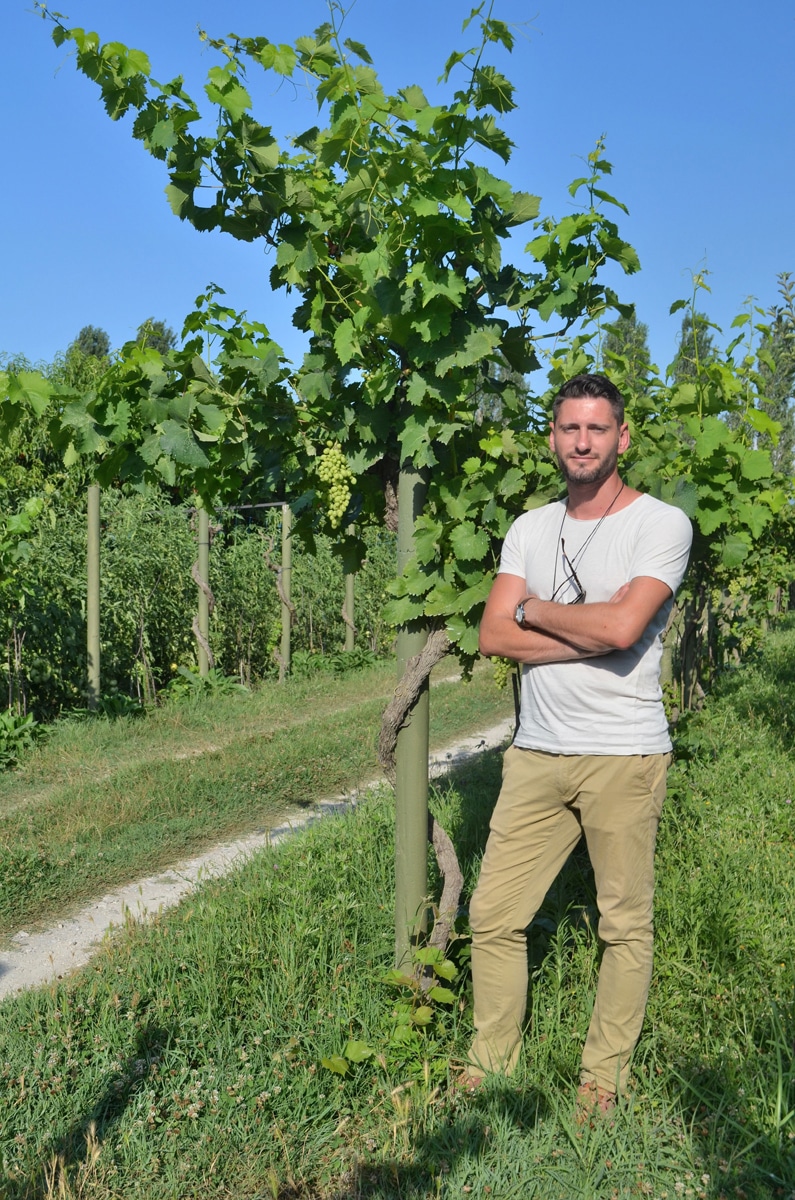
Science Meets Wine
Thirty-year-old Flori Uka is making a name for himself and his family’s self-named enterprise, Uka Winery – an oasis of biodynamic sustainable farm and vineyards. The farm was founded by his father, a professor of agriculture and former Albanian Minister of Agriculture, in 1996.
“He is a scientist and not a good politician,” laughed Flori. “He left politics for the farm, which was his passion.”
The farm was a major project for Professor Uka. He applied the philosophy of biodynamic farming — organisms working together to create a single organism, copying the forest and working without human intervention. The Uka farm was not originally built for business, but was established for scientific purposes. Professor Uka wanted his students to visit the farm and get to see how biodynamic farming works.
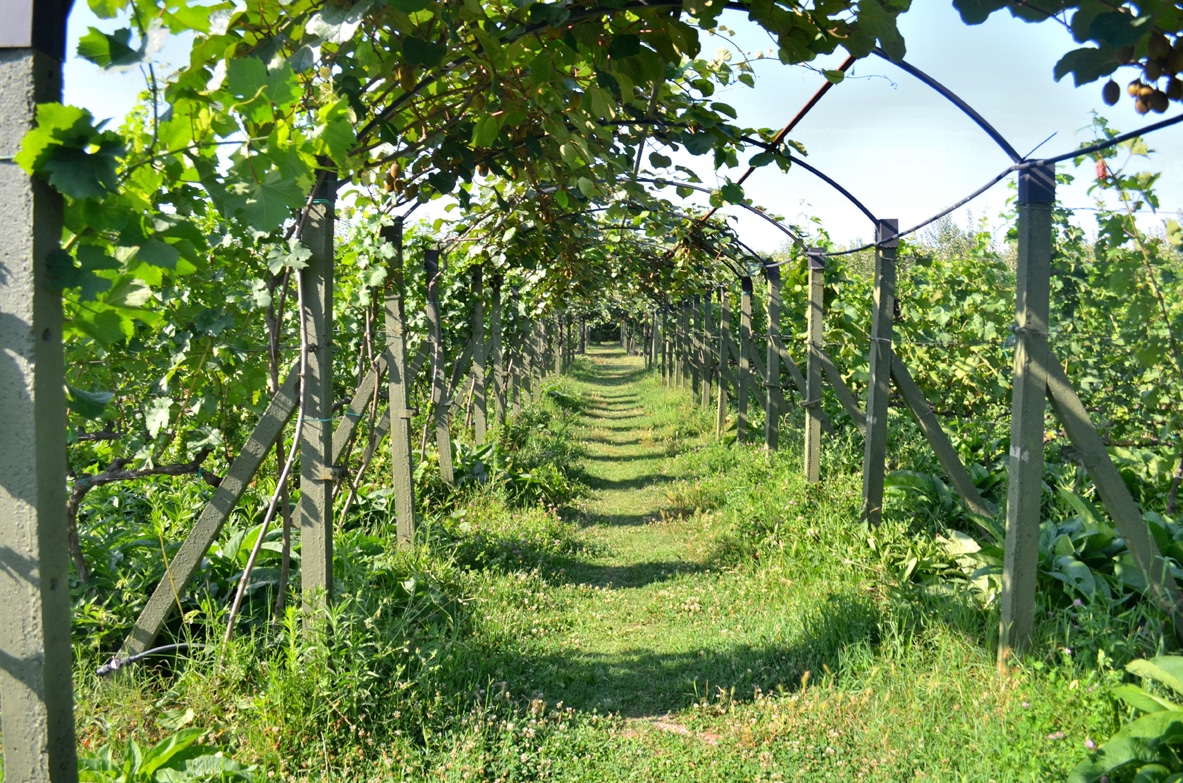
Growth Without Human Intervention
At Uka Farm, they are trying to create a wild forest, allowing it to self-work.
“This is really difficult to do with fruits; however with some human intervention it becomes possible,” explained Flori, “Nevertheless, my father wanted to intervene less. The less intervention, the better it is for nature. Nature created us, we didn’t create nature.”
Traditional vineyards are mostly grass, with no plants nearby. In a traditional farm, where everything is cut down, the only effective way to repel insects is with pesticides. But in a biodynamic farm, other plants are placed near grapes to attract the insects. Thus, when an insect comes to the vineyard, they’ve got other plants to go to. That is the purpose for the multiple plants in the Uka vineyard/farm.
“We think of insects as enemies, but 100 years ago pesticides didn’t exist and insects were not enemies,” noted Flori. “Everyone ate healthy. Nowadays, many different things have destroyed agriculture. We have artificial-ized nature and food, and now have to treat them. If we harvest crops in a forest-like environment, we don’t have to treat anything. This is the concept.”

Using Organic Fertilizer
The first step in creating the biodynamic farm was to test the fertility of the soil by planting sunflowers. Flori showed us sunflowers that were all tall, a sign that the soil is rich in nutrients.
“If you have plants and some are tall while others are short, it means there is a lack of nutrients in the soil,” explained Flori.
The next step was to get rid of organic compounds and fertilizers — like cow, horse and goat fertilizer — obtained from the surrounding villages. Currently, the farm and vineyards are fertilized with a green fertilizer called “comfrey.” Leaves and other organic content are packed tightly and placed where the land has been worked. The material decomposes and forms a kind of humus, which is used as fertilizer. The comfrey maintains the humidity of the land and attracts worms needed to aerate the soil. It also eliminates weeds.
“It is a big, expensive job when you have to eliminate toxins from land and plants using herbicides,” said Flori, “Alternatively, you can do it naturally and organically, as part of the permaculture – the perfect way of working with nature.”
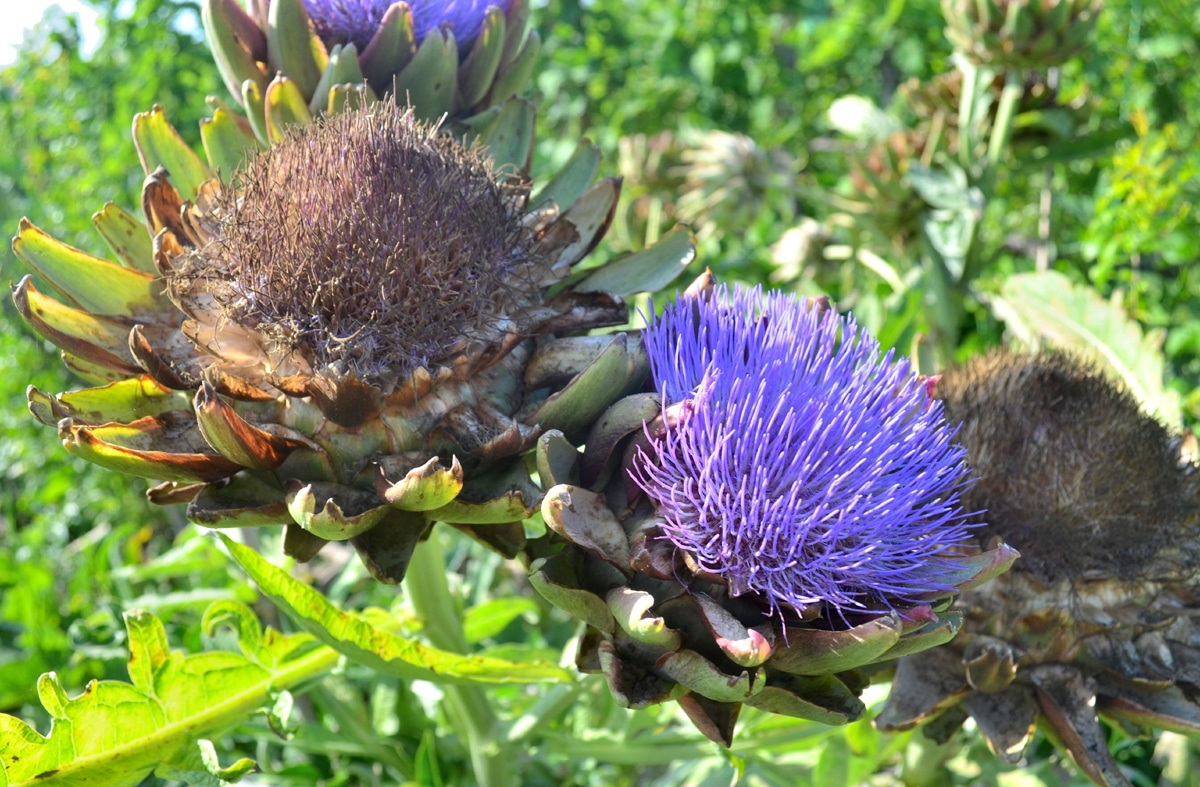
The Challenges Of Albanian Wine Production
During the 17th century, wine production in Albania slowed down under the influence of Islam, due to the decrease in consumption of alcoholic beverages. In 1972, during Communist rule, Albanian wine production reached its peak, expanding to approximately 49,000 acres. Although it is still struggling to reintroduce its quality wines into the international market, the country’s wine industry has mostly survived the transition to a more-or-less democratic economy.
According to Flori, developing the viniculture industry is proving to be a challenge. Before socialism, there was a lot of disorder; no rules, high taxes and chaos in terms of building. The Communists tried to restore order, but their efforts did not help to reestablish a good economy.
“For example, our wine is produced in Albania. I promote it to thousands of tourists every year. We’ve been featured in The New York Times and in different magazines around the world. I’m promoting Albania. I’m giving a good example of Albania, and the state just sees me as a means to collect taxes from. I think they should help me because I’m picking up the grapes for all Albania.”
One of the main issues with Albanian wine production is that land ownership is split among small, family-owned farms. Uka collaborates with more than 20 families all over Albania by buying their locally-grown grapes and thereby contributing to Albania’s economy.
“To select the grapes, I work with the farmers and vineyard owners. I go and make contracts with them and tell them what to do and what not to do. Then we agree on a price,” explained Flori, before continuing, “I wish the government would say ‘Hey, do you need anything from us because you are a really good example for Albania. You are 30 years old and you are building a beautiful, profitable and sustainable business and helping the community.’”
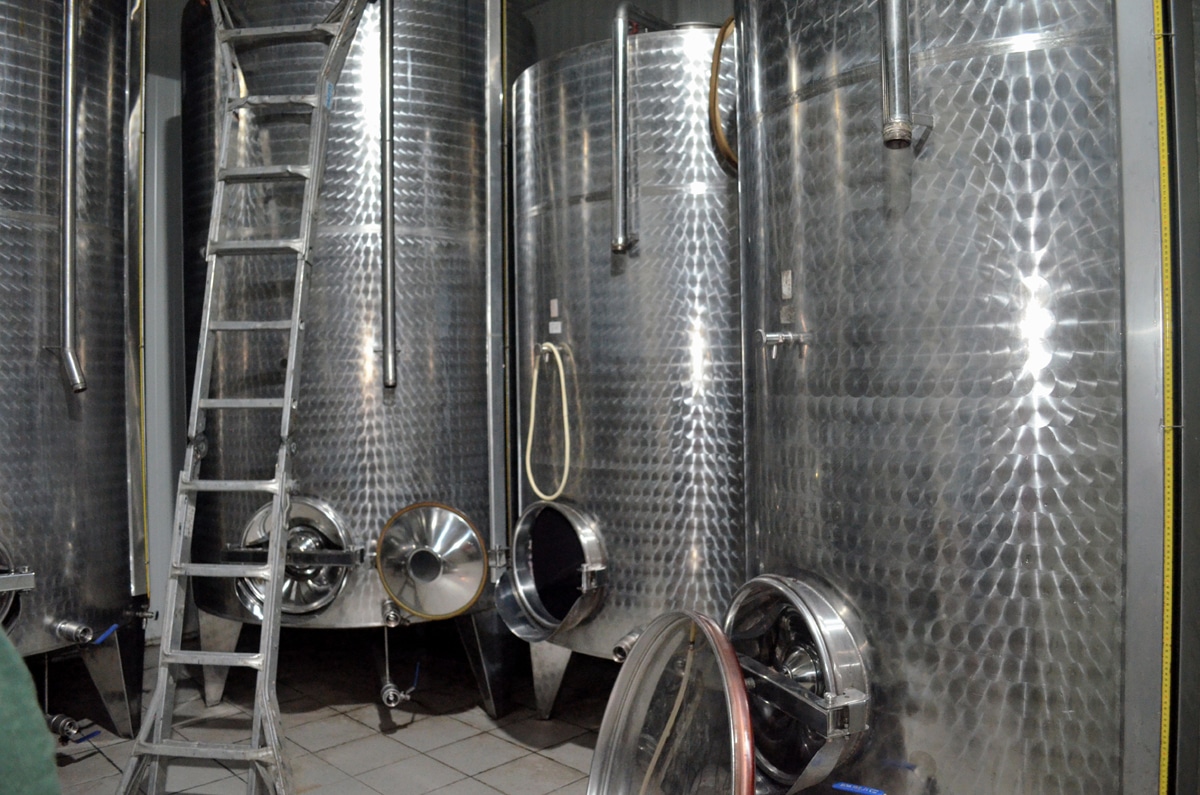
The Vineyards
Albania is home to several grapes that aren’t grown anywhere else in the world. The Kallmet grape used by Uka is one of the unique Albanian autochtone (native) varieties. The resulting wine is a deep red color with good “legs” — the residue left after swirling the glass.
Uka’s major brands are Ceruja, Kallmet and Vera wines. Although their distribution has been mainly domestic, exporting to America and other countries is part of their future business plan. Albania has virtually no marketing of local wines, making them unknown to anyone beyond the borders. Uka brand wine is mid-high quality with a target price of $40-60.
Did you know that #Albania produces some of the best #wine in the world? Click To TweetThe Produce
Flori gave us a tour of the farm’s sustainable agriculture, which includes cherry tomatoes, green beans, apples, kiwi, pomegranates, plums, peppers, eggplant, olives and arugula.
“These kiwis are eight or nine years old and have never been treated,” Flori pointed out. “And this is artichoke that we leave to seed because it’s not a very good variety to cook; it’s very wild.”
They also harvest the seeds of red Russian kale to use for the next season.
“Working without pesticides can be a challenge,” said Flori. “For example, we plant 100 tomato plants. From the 100, 80 get destroyed from disease and only 20 of the plants are safe to eat. But they are organic and healthy, so some of them we leave for seeds because they are resistant to disease. We replant them the following year, and we’ll get more produce then. This is a way of keeping everything organic, but it is really hard.”
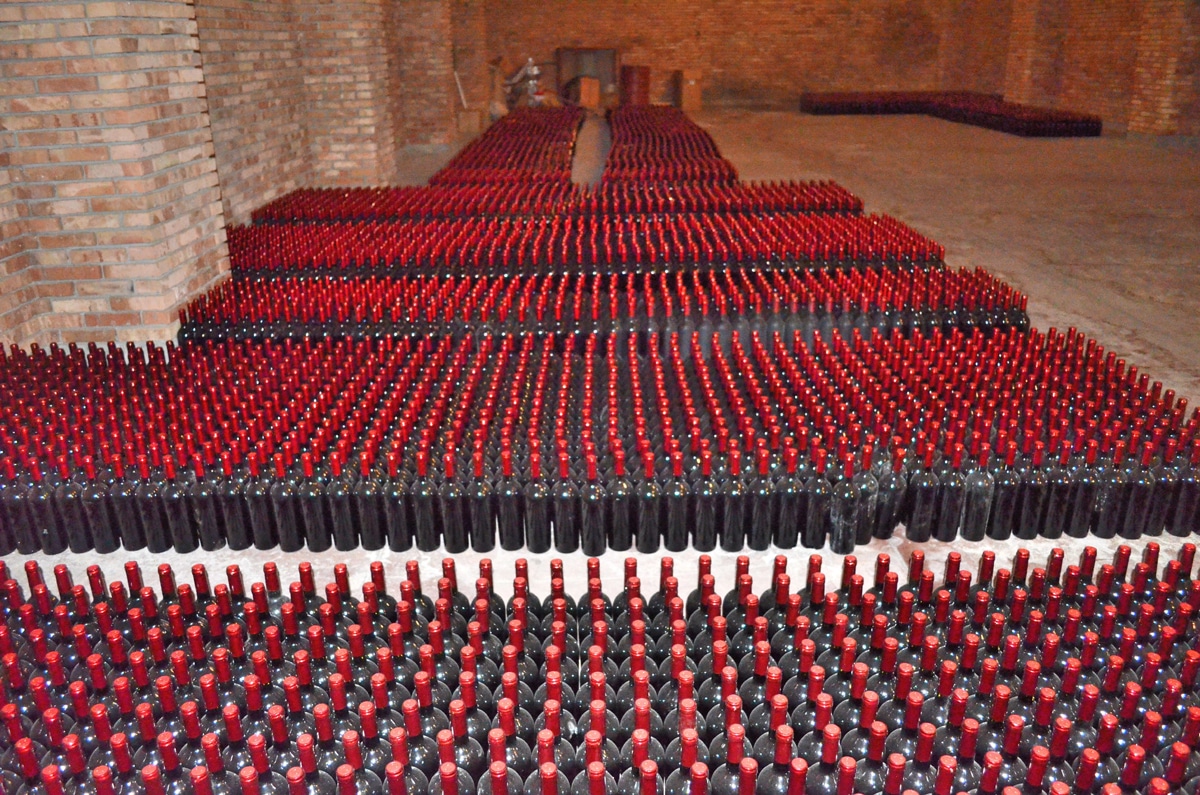
The Winery
We continued our tour in an underground winery, containing steel vats and a cool storage area.
“It is a big job to complete the winery. My goal is to produce 200,000 bottles a year for domestic consumption and 150,000 of merlot to export to America and China. We use our own grapes, as well as the grapes from other parts of Albania,” explained Flori.
This is another hurdle to overcome, as the country’s wine is distinguished by its sweeter taste at a time when the world’s preference is moving towards dry reds.
Flori’s dream is to build a fine-dining restaurant which will serve their wines and crops, and possibly some kind of lodging.
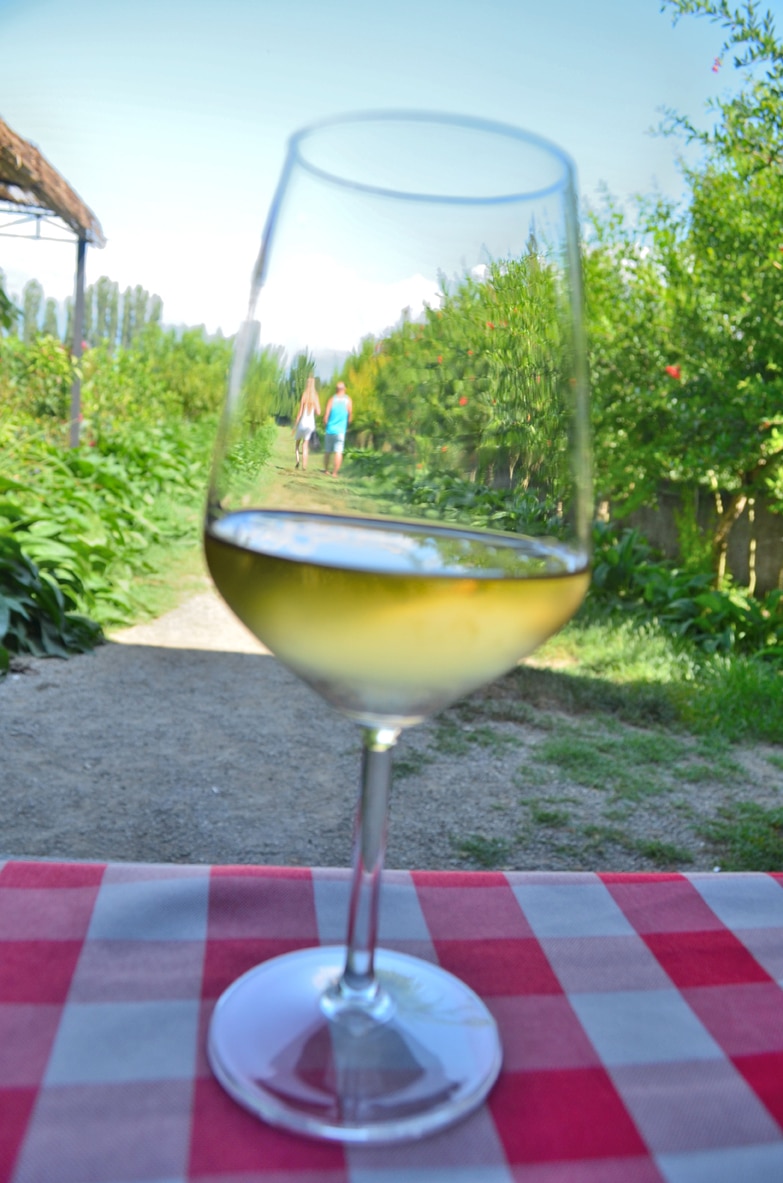
From Farm (And Vineyard) To Table
As we were sitting at one of the cozy red-and-white checked tables in Uka’s open-air restaurant, waiting staff converged on us with dishes of mouth-watering appetizers, which we consumed while gazing at the gorgeous views.
“In this place, everything is fresh and simple,” said Flori. “Some ingredients are from the farm, but the most important thing is that everything is produced in Albania.”
I could not contain my excitement when my favorite Albanian appetizer was placed in front of me — a steaming pepper stuffed with cheese and roasted to perfection. There were also plates of fresh cow and goat cheeses, infused with sage and different spices, blueberry, nuts, and red pepper.
Here's how to have an amazing #food and #wine experience in #Albania Click To Tweet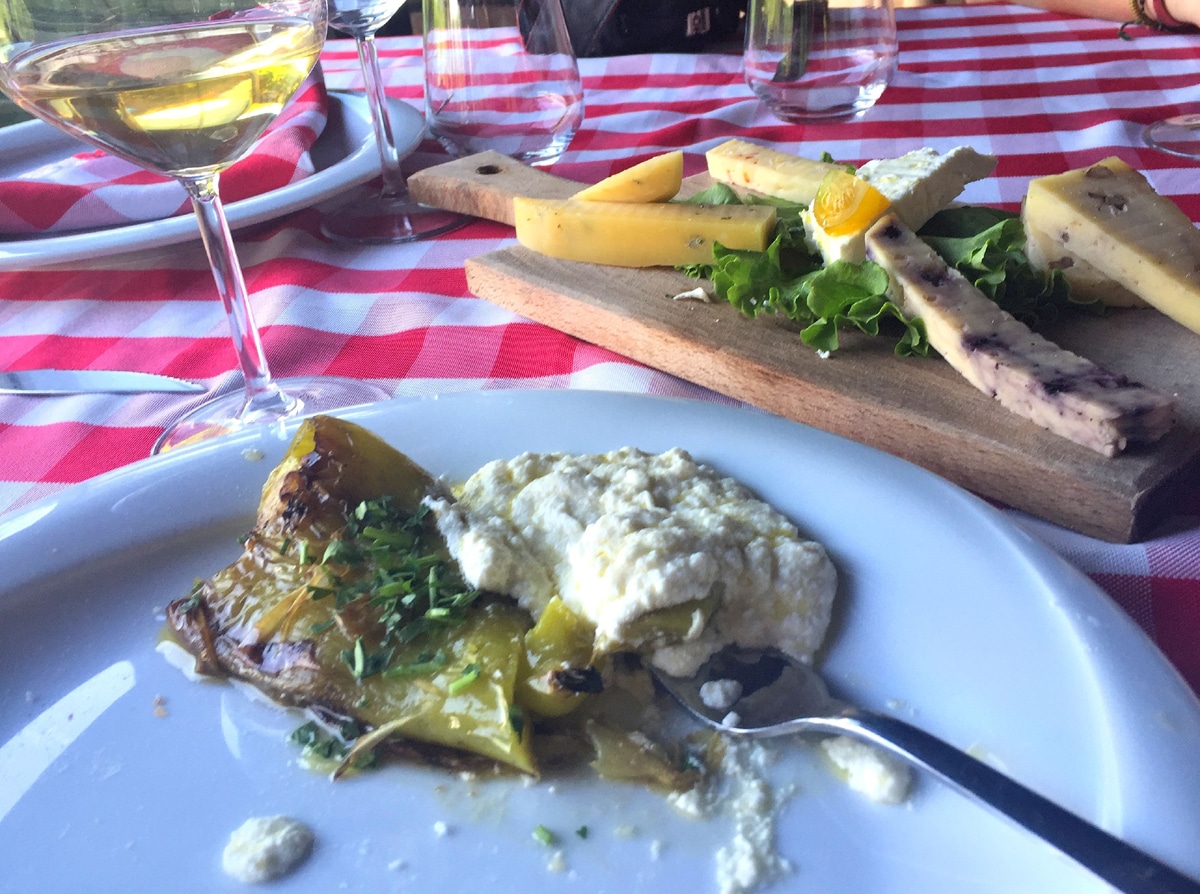
We were served a delicious four-year old white Ceruja wine with our appetizers, containing 13.5% alcohol and produced at the Uka vineyard.
The main meal consisted of platters laden with savory grilled lamb, beef, sausage and chicken – more meat than we could possibly eat, though we did give it our best shot. This was served with a variety of Uka’s red wines.
“We don’t offer fruit at the end of the meal because it ferments everything you’ve eaten,” Flori informed us. “So if visitors don’t ask for fruit, I don’t bring it.”
That was fine with us. We looked around at the beautiful surrounding vineyards and landscape, trying not to look down at our pants (which now all had the top button undone), and toasted our best wishes to Albania’s rich future in the world of viniculture.
Have you tried Albanian wine? Let us know your thoughts in the comments below!
Disclosure: The author was honored to be the guest of JayWay Travel during her stay in Albania, but as always, the opinions, reviews and experiences are her own.
Recommended:
Cheers To That: 10 Best DIY Wine & Vino Gift Ideas [Blog Inspiration]
Clever Travel Companion Pickpocket-Proof Garments [Travel Safety]
50% off YogaDownload Yoga On The Go [Travel Health]
Latest posts by Patti Morrow (see all)
- An Unforgettable Guide To Pisac, Peru’s Most Underrated City - Apr 10, 2018
- How To Explore Eastern Europe’s Surprising Sparkling Wine Culture - Dec 13, 2017
- An Inside Look At China’s Mesmerizing Food Markets - May 15, 2017
- This Is What Happens When You Visit Sweden For The Coffee - Mar 15, 2017
- Cooking Authentic Macedonian Food At Lake Ohrid - Feb 8, 2017

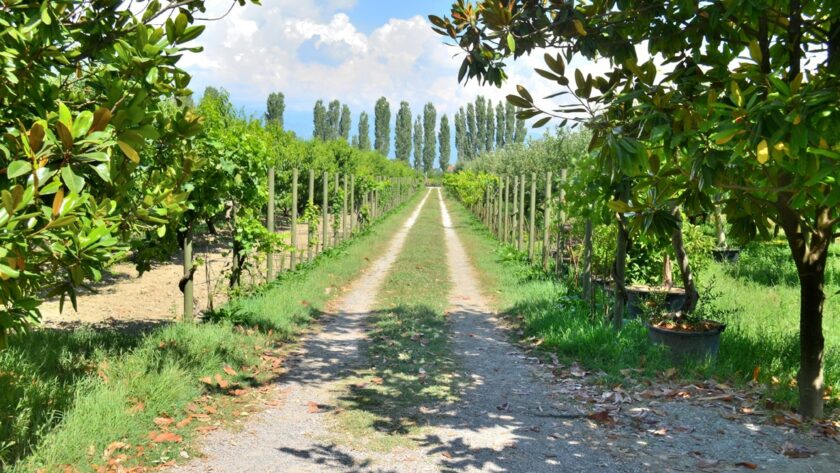
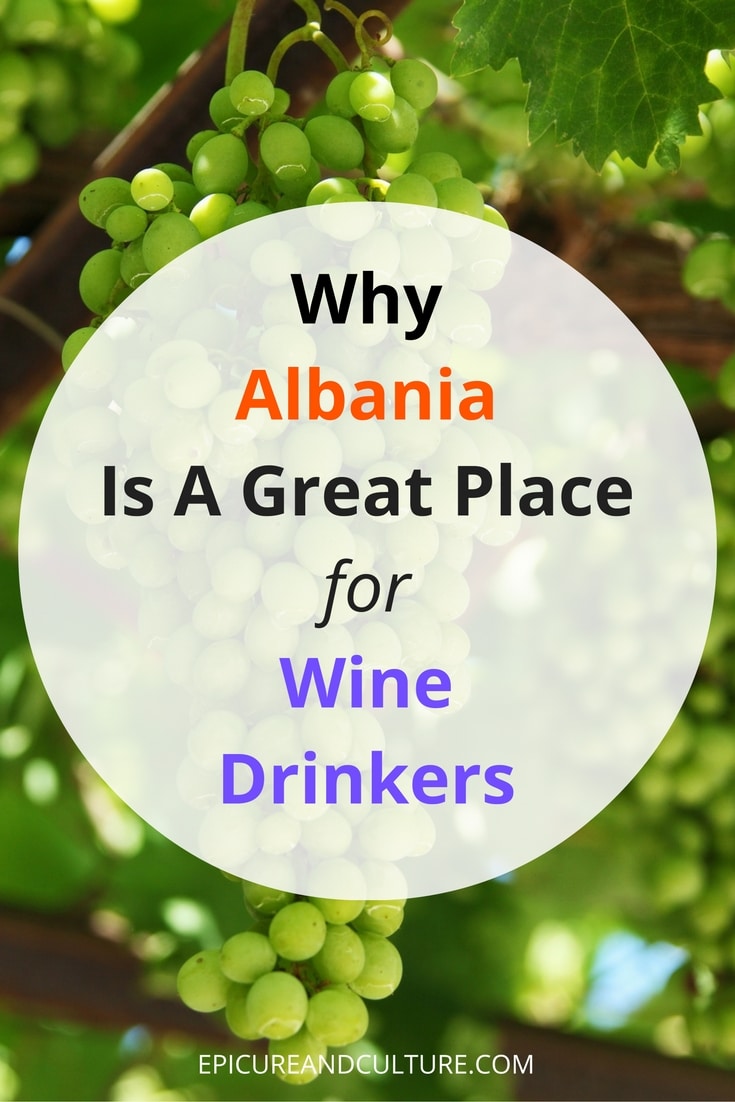


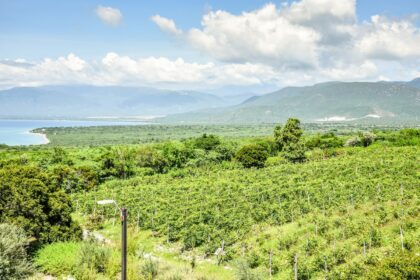
My father-in-law has a small vineyard on our land in Albania and each year we harvest to make Red Wine (or Raki when it runs low). However some years we have sold the harvest to larger vineyards. Wine is an important part of the dining experience and I’ve found that restaurants are starting sell locally produced wine only, particularly in Shkoder and Saranda. The more local restaurants that come on board, the more tourists that will sample the products and hopefully help with recognising Albania. It needs all industries to come together to help take something of this great quality and value out further into the world.
@Michelle: Couldn’t agree more. As a sommelier myself I love exploring a place through their wine, too! It truly tells a story about the land.